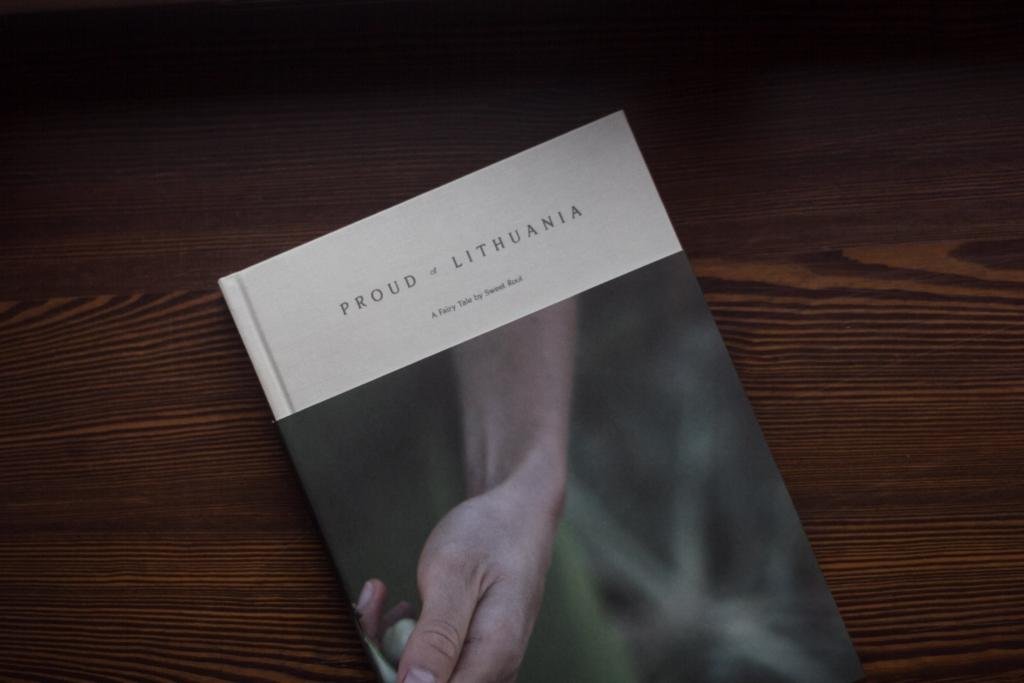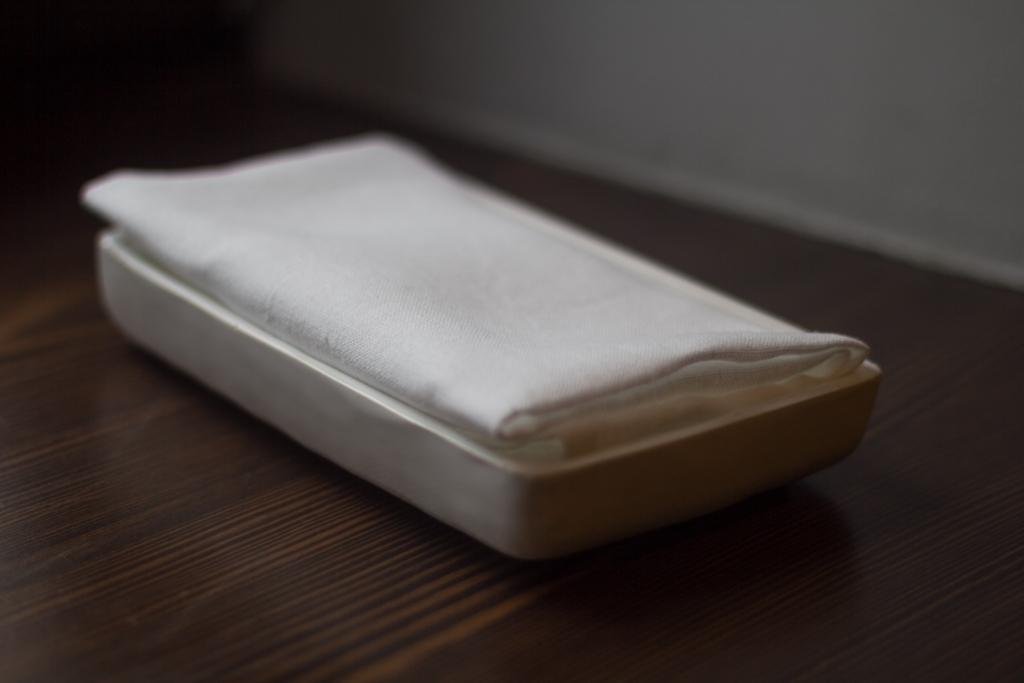We met Sigitas Žemaitis in his season-inspired restaurant Sweet Root where Linen Tales shirts, towels and napkins help to create the atmosphere. Being great admirers of all that his team does, we came over for a cup of herbal tea and a warm talk. It was just before their traditional dinner when only the team members would sit down and enjoy a meal together. Sigitas is sensitive to the word “tradition”. After all, it’s probably the main idea behind his restaurant – rediscovering the real meaning of a local cuisine. Preparing meals from local ingredients, in tune with the cycle of nature is just one part of it. Sweet Root prefer calling themselves an emotional rather than a traditional kitchen & dash, so we sat down to talk about what that actually means.
What is the main idea that you want to portray to Sweet Root guests?
It’s not easy to put everything into one sentence. Maybe we no longer believe in short mission statements. We’ve already been working for three years and just this past year the main idea came up. We’ve published a book called “Proud of Lithuania” which is basically what we want toshow – we need to start feeling proud of what our land and people give. It is beautiful not only in nature, but also at the dinner table. We have different emotions, habits, traditions and memories. We have to stop for a moment and start to appreciate those things. Let’s declare it’s beautiful and try to transmit that to the future.

What kind of role do traditions play in your restaurant?
We avoid stereotypes in our restaurant. We call it an “emotional kitchen” rather than a traditional one. Our main idea is to make people stop rather than look for rooted traditions. Maybe it’s what they used to do before 10 or 20 years. I like this expression “emotional kitchen” because it speaks about the moment when the different ingredients meet and the memories and seasons mix together.
A life dictated by seasons – does it liberate or restrain?
Both. The first feeling you get when you commit to using only seasonal products is confusion. You think “I won’t be able to use this and that and that also.” Wherever you go – there’s a huge variety of everything and you can get whatever you want. But then you start thinking how much you discover and that this vast variety restrains us after all. Most of us know 10 to 20 recipes and stick to them, using the same 40 products all year round. Because we don’t feel comfortable with the new stuff. Therefore the life that is dictated by the rhythm of nature sets you free, because you cannot always be dependent on the safe choice.

You have published a book about Lithuania and its seasonal plants. What do you think we all can learn from it?
Let's begin with the fact that it isn't an actuall encyclopaedia, it’s more like a visual-emotional fairy tale about Lithuania which reminds you to stop for a moment and start to appreciate what you have now. It also helps to understand the spirit of Lithuania for those who visit our country. It invites us all to pause at the dinner table. There’s no rush.

How does the everyday details help to make the experience of Sweet Root better?
Every detail is important in this restaurant. I pay my respect to our partners who take care of them and we choose them very carefully. I feel that we share the same goal. I know that the restaurant guest won’t find paper towels – instead he will touch linen. One time it might feel rougher, another time softer, but that is a real thing. We put a linen napkin in the ceramic plate where the bread is placed. Even if it may look simple at first sight, it has a big meaning. That helps to create truthfulness. Everything here is real and has origins, significance - a story. Linen Tales helps to create our fairy tale.


